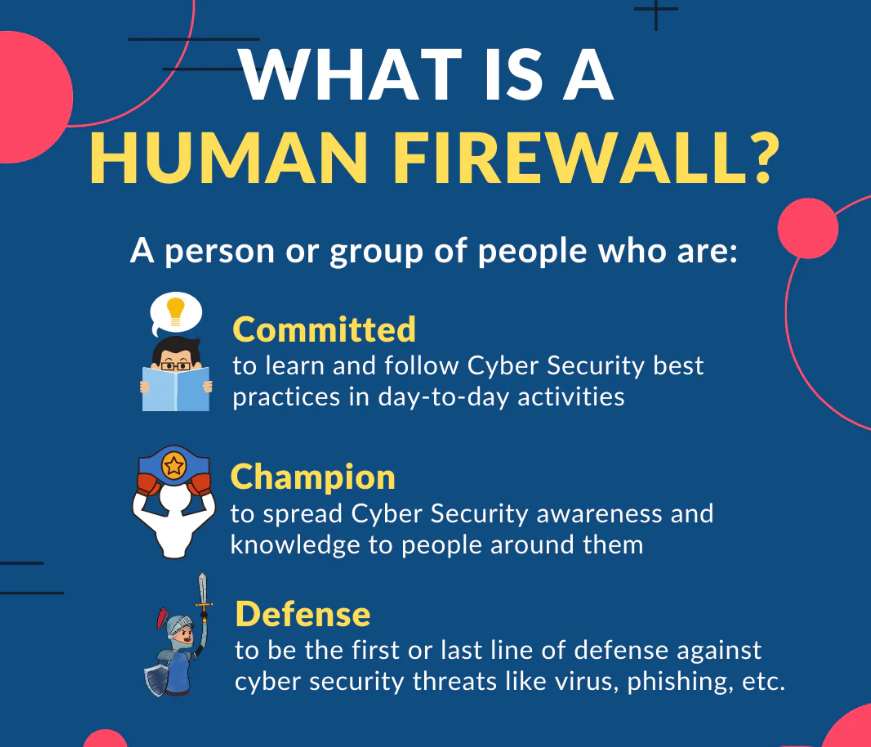Sent: Tuesday, August 20, 2024 4:58 PM
Level of Impact: Med
Urgency Level: Med
Press Release: Columbus Provides Notification, Extends Credit Monitoring - City of Columbus, Ohio
City Cybersecurity Event Information Page: Cybersecurity - City of Columbus, Ohio
User Action Required: Columbus residents and non-residents whose personal information was shared with the city or municipal court can sign up for free credit monitoring at www.columbus.gov/cyber or call 1-833-918-5161 with code B129833 by November 29, 2024.
Purpose: To provide an update to MORPC staff about the ongoing City of Columbus cybersecurity event.
Details: Although Franklin County and MORPC did not experience the recent cyberattack on the City of Columbus, we believe this opens an opportunity to educate our MORPC team on the risks and what is actively being done by the city to mitigate.
Tips to Protect yourself from Cyber Crime:
- Do not give out your personal information unsolicited over the phone, email, or text.
- Delete and report as Junk texts from numbers you don’t recognize.
- Do not reply to emails that ask you for money, and do not click on links in emails you don’t recognize.
- Use different passwords for your different personal and professional accounts.
- Monitor your bank and credit card statements for unauthorized use, and if you see anything, notify your bank, law enforcement, and the credit bureaus.

Should you have any questions, please don't hesitate to ask. We appreciate YOU keeping a weather eye out for suspicious emails, websites, and phone calls!
Was this article helpful?
That’s Great!
Thank you for your feedback
Sorry! We couldn't be helpful
Thank you for your feedback
Feedback sent
We appreciate your effort and will try to fix the article